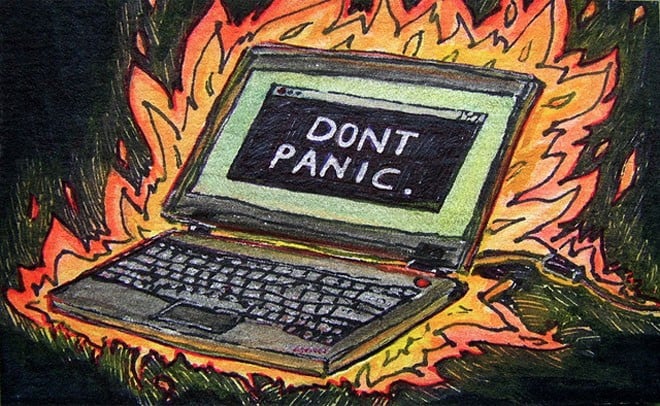
Deny as we might, we are a society transfixed by violence and gore

This probably qualifies as a depressing rant. You might want to read on.
Let’s all hang our heads collectively in shame partly because it feels so good each time we do it.
A three-and-a-half year old girl went missing and her body was found soon after. She had been raped and murdered. I remember my heart sinking as I read the terrible news. A bile-churning Facebook post that I somehow ended up reading later left me feeling even more nauseous -- if that were possible. Championing an eye-for-an-eye brand of justice, the post suggested the culprit should have subjected the women in his immediate family to the heinous act instead of a minor.
I remember resisting the temptation to ask, "Yun hota to kya hota?" (What if). Would it suddenly become more palatable? Perhaps I’m reading more into the situation than it warrants. Perhaps, the post comes from a good place: I can understand the sense of bewilderment at how someone can subject a minor to such gruesome torture, and the desire to make the world a safer place for children. While these are legitimate concerns and the intentions behind these certainly noble, this is representative of our understanding of justice.
Deny as we might, we are a society transfixed by violence and gore. Fetishising public executions makes sense in this context -- well, because justice should not only be done but also seen to be done -- and going into gory details of what a fitting punishment is is cathartic?
I scroll on. What else needs my attention?
It starts playing automatically with a token warning of graphic violence at the beginning. Despite the existence of stringent laws on what is the country’s most contentious issue, some 3,000 university students chant in unison as they march on to serve justice in the video. Every punch landed on the lifeless body strikes society in the gut. Someone made a video and it is out there for the world to see. Not the first time that I have woken up to a nightmare.
Just a few days back, there were those dreadful videos of Sarin gas attacks in Syria which too played automatically without my consent or yours for that matter. Damned if you click, damned if you don’t!
The frequency of our exposure to ghastly violence has increased so much that very few incidents stick or seep into our consciousness. Getting real-time updates from all across the world makes it even more difficult. Violent imagery evokes collective tears. It is a call to action too. But what happens when it becomes a cliché? And when reflection comprises oft-repeated banalities?
We are sorry.
Never again.
Heads hang in shame.
What about when uttering these banalities is an act of rebellion?
How do I log out?